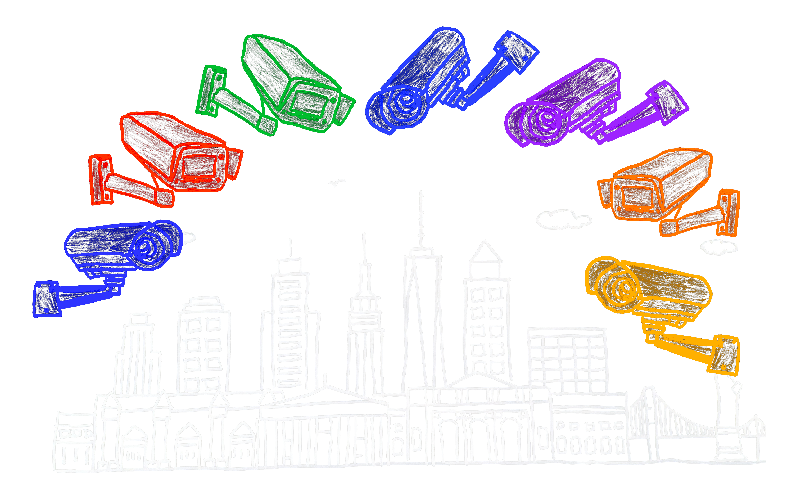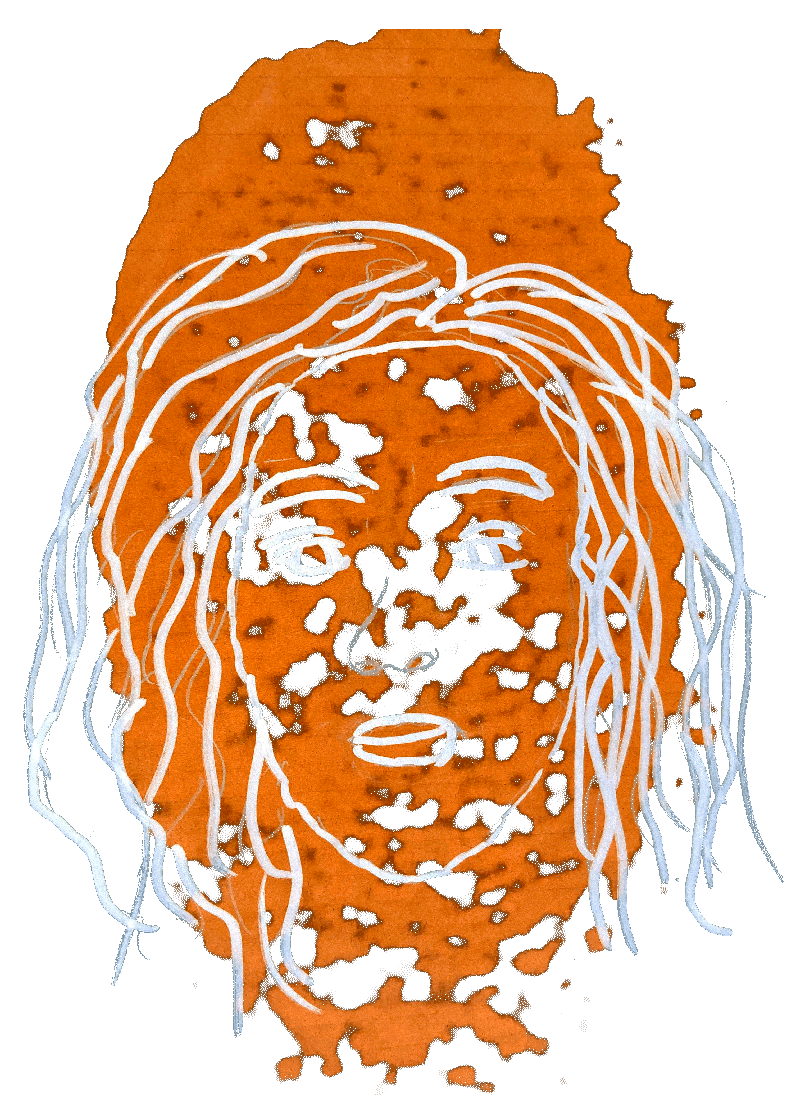
Interview with
Jonathan Stribling-Uss
Media Democracy Fund Technology Fellow, New York Civil Liberties Union
Click for Transcript
🅙 So currently the NYPD is using facial recognition technology every day in criminal cases in New York City. They said they used it about eight thousand times or for eight thousand cases in 2018. We don't have a full vision of how often they're using it because they haven't released fully transparent figures around it and because they don't always include it in the case material. It should be part of what's called Brady material, which is what they should give to the defense when they're charging anyone criminally. However, they don't always release it in part of that material, in part because they say that they're using it as just a background investigatory technique, it's not that they claim it's on a primary investigation technique. However, the NYPD has access to about 20,000 cameras in New York City, where they're part of what's called the domain awareness system. We have a good sense that they're using facial recognition in that system. We don't know if it's running. They claim that they're not using it in real time and doing dragnet searching with facial recognition.
Interview with
Vanessa Gibson
New York City Council Member, District 16
Click for Transcript
🅥 I think we have to allow law enforcement including the NYPD to use as many tools as possible, as many tools in the toolbox and resources that they can to keep crime down, to protect New Yorkers. But also respecting individual’s rights. When you look at some of the high profile cases of sexual assault and homicides that have happened in New York City, facial recognition has been a part of the evidence and the process of gathering evidence and building a case. And those cases obviously were very heinous. But I also think some of the lesser profile cases where you’re talking about individuals of color, or immigrant New Yorkers being surveilled at their Mosques or their churches, houses of worship, that’s certainly not what we want. But if you are a victim of a crime you should be afforded the opportunity to get justice and, and seek justice, so that you have closure and healing as a victim of a crime. And God forbid someone loses their life, there’s nothing we can do to bring that person back, but we can reassure the family that we’re doing everything possible to find the individuals or individual responsible, so that that doesn’t happen again. I think it’s a tough balance, it’s a very sensitive topic, but I think whatever the NYPD can use at its disposal we obviously would welcome that, but we would want to make sure we put precautions, and safeguards, and protections in place.
Interview with
Albert Fox Cahn
Founder and Executive Director, Surveillance Technology Oversight Project (S.T.O.P.)
Click for Transcript
🅐 When this technology is used in reality it’s used very unevenly. In New York, the database they’re comparing this to is mainly composed of NYPD mug shots, meaning its overwhelmingly composed of New Yorkers of color who have already been through the criminal justice system. That means this technology is compounding the sort of bias we see time and again. But then even worse we know that the tools the NYPD is using have been found to be far less accurate for women, for people of color, for those under 17, for those who are older than for middle aged white men. These all come together to create a system that is going to result in a lot of false positives for New Yorkers of color.
Interview with
Emmanuel Mauleon
Police and Technology Fellow, Policing Project, New York University School of Law
Click for Transcript
🅔 Well, that's something we don't know. And it's something we'd really like to know. We think it wouldn't be that hard for them to tell us. There's a lot of push right now for something called POST Act - which is the Public Oversight of Surveillance Technology Act. And that's been going on for the last three years. And it's not even that robust of a statued. It asked basically just the same question you asked - what type of technology does the police use? And we think that is something that is perfectly legitimate for the public to know. And it's something that other jurisdictions around the country have already done. There's a much more robust version of the POST Act called CCOPS - Community Control Over Police Surveillance. What it asks is for the police to tell us everything that they are using, telling us who they're using it against, telling us how effective it is, making reports and things like that. The NYPD has really resisted any sort of transparency over...
𝚂𝚃𝚄𝙳𝙴𝙽𝚃 So they don't have to report to anybody?
🅔 Yeah. They don't report to anybody. Nobody knows what they're using!



